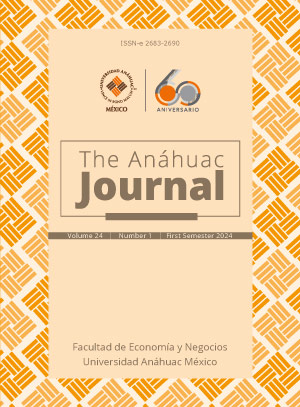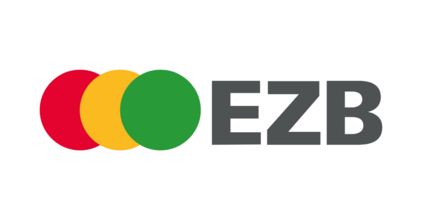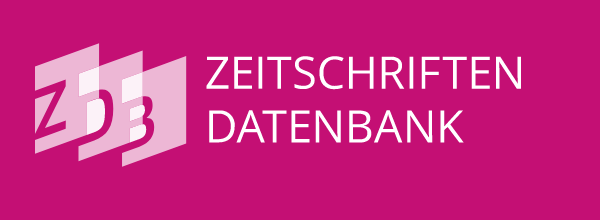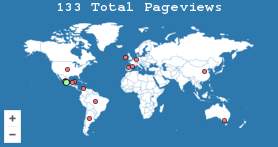Por qué el índice de sentimiento neto debería ser una prioridad: un estudio de caso de la industria bancaria
DOI:
https://doi.org/10.36105/theanahuacjour.2024v24n1.10Palabras clave:
rendimiento accionario, índice de sentimiento neto (ISN), impacto en el valor de la marca, regresión de modelo lineal robustoResumen
El artículo analiza el impacto de los comentarios en redes sociales sobre el rendimiento de las acciones de los bancos en el mercado de valores de EE.UU. Se empleó inteligencia artificial para monitorear y extraer comentarios en tiempo real, y se utilizó el procesamiento de lenguaje natural para calcular el sentimiento de cada comentario. Los comentarios se clasificaron como positivos o negativos y se agregaron, por hora, para cada banco durante el período observado. Los resultados mostraron que tanto los comentarios positivos como los negativos tienen un efecto significativo en el rendimiento de las acciones, con un impacto asimétrico más pronunciado en el caso de los comentarios negativos. Este estudio contribuye a la comprensión de cómo la interacción en redes sociales puede influir en el valor de mercado de las empresas y destaca la importancia para las compañías que cotizan en bolsa de monitorear y gestionar la percepción en línea.
Descargas
Referencias
Bollen, J., Mao, H., & Zeng, X. (2011). Twitter mood predicts the stock market. Journal of Computational Science, 2(1), 1-8. https://doi.org/10.1016/j.jocs.2010.12.007 DOI: https://doi.org/10.1016/j.jocs.2010.12.007
Chung, M.H., & Chang, Y.K. (2024). Financial reporting complexity, investor sentiment, and stock prices. Finance Research Letters, 62(Part A), article 105026. https://doi.org/10.35692/07183992.13.1.8 DOI: https://doi.org/10.1016/j.frl.2024.105026
Colicev, A., & O’Connor, P. (2020). How Social Media Impacts Brand Value: The Mediating Role of Customer Satisfaction. Multidisciplinary Business Review, 12(1), 15-26. https://doi.org/10.35692/07183992.13.1.8 DOI: https://doi.org/10.35692/07183992.13.1.8
Croux, C., & Rousseeuw, P. J. (1992). Time-efficient algorithms for two highly robust estimators of scale. Computational Statistics, Physica-Verlag HD. DOI: https://doi.org/10.1007/978-3-662-26811-7_58
Donthu, N., Kumar, S., Pandey, N., Pandey, N., & Mishra, A. (2021). Mapping the Electronic Word-of-Mouth (eWOM) Research: A Systematic Review and Bibliometric Analysis. Journal of Business Research, 135, 758-773. https://doi.org/10.1016/j.jbusres.2021.07.015 DOI: https://doi.org/10.1016/j.jbusres.2021.07.015
Evans, D. M. (1859). The history of the commercial crisis, 1857-58, and the stock exchange panic of 1859. Groombridge and Sons.
Huber, P. J. (1973). The 1972 Wald Memorial Lectures: Robust regression: Asymptotics, conjectures, and Monte Carlo. The Annals of Statistics, 1(5), 799-821. https://www.jstor.org/stable/2958283 DOI: https://doi.org/10.1214/aos/1176342503
Huber, P. J. (1981). Robust statistics. John Wiley & Sons. DOI: https://doi.org/10.1002/0471725250
Kirtac, K., & Germano, G. (2024). Sentiment Trading with Large Language Models. Finance Research Letters, 62(Part B), article 105227. https://doi.org/10.1016/j.frl.2024.105227 DOI: https://doi.org/10.1016/j.frl.2024.105227
Li, J., & Yang, J. (2024). Financial shocks, investor sentiment, and heterogeneous firms’ output volatility: Evidence from credit asset securitization markets. Finance Research Letters, 60, article 104860. https://doi.org/10.1016/j.frl.2023.104860 DOI: https://doi.org/10.1016/j.frl.2023.104860
Mendoza-Urdiales, R. A., García-Medina, A., & Núñez-Mora, J. A. (2021). Measuring information flux between social media and stock prices with Transfer Entropy. PLOS ONE, 16(9), article 0257686. https://doi.org/10.1371/journal.pone.0257686 DOI: https://doi.org/10.1371/journal.pone.0257686
Mendoza-Urdiales, R. A., Núñez-Mora, J. A., Santillán-Salgado, R. J., & Valencia-Herrera, H. (2022). Twitter Sentiment Analysis and Influence on Stock Performance Using Transfer Entropy and EGARCH Methods. Entropy, 24(7), 874. https://doi.org/10.3390/e24070874 DOI: https://doi.org/10.3390/e24070874
Núñez-Mora, J. A., & Mendoza-Urdiales, R. A. (2023). Social sentiment and impact in US equity market: an automated approach. Social Network Analysis and Mining, 13, 111. https://doi.org/10.1007/s13278-023-01116-6 DOI: https://doi.org/10.1007/s13278-023-01116-6
Plourde, A. (2023). Criticizing companies via social media and digital platforms: an alternative forum of justice for consumers? Option consommateurs. CID: 20.500.12592/m8xnp1. https://canadacommons.ca/artifacts/8246598/criticizing-companies-via-socialmedia-and-digital-platforms/9163537/
Reichheld, F. (2011). The Ultimate Question 2.0 (revised and expanded edition): How Net Promoter Companies Thrive in a Customer-Driven World. Harvard Business Review Press.
Tetlock, P. (2007). Giving content to Investor Sentiment: The role of Media in the Stock Market. The Journal of Finance, 62(3), 1139-1168. https://doi.org/10.1111/j.1540-6261.2007.01232.x DOI: https://doi.org/10.1111/j.1540-6261.2007.01232.x
Thaler, Richard H. (2017). The Sveriges Riksbank Prize in Economic Sciences in Memory of Alfred Nobel 2017. Nobel Prize 2017. https://www.nobelprize.org/prizes/economic-sciences/2017/thaler/facts/
Van Velthoven, S.T.M. (2014). Sentiment analysis on social media to predict Net Promoter Score (master’s thesis), Eindhoven University of Technology Research. https://pure.tue.nl/ws/portalfiles/portal/46988096/783003-1.pdf

Descargas
Publicado
Número
Sección
Licencia
Derechos de autor 2024 José Guadalupe Mendoza Macías, Román Alejandro Mendoza Urdiales

Esta obra está bajo una licencia internacional Creative Commons Atribución-NoComercial-CompartirIgual 4.0.
The Anáhuac Journal se distribuye bajo Licencia Creative Commons Atribución-NoComercial-CompartirIgual 4.0 Internacional.

































